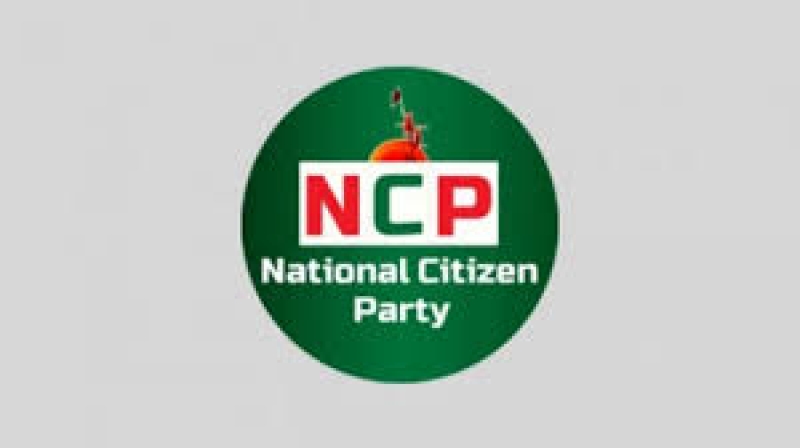- Israel Strikes Tehran with US Support Amid Nuclear Tensions |
- India Sees 9% Drop in Foreign Tourists as Bangladesh Visits Plunge |
- Dhaka Urges Restraint in Pakistan-Afghan War |
- Guterres Urges Action on Safe Migration Pact |
- OpenAI Raises $110B in Amazon-Led Funding |
NCP also demands local govt polls under neutral govt

The Nationalist Citizen Party (NCP) alongside Jamaat-e-Islami on Tuesday proposed that not only the next national election but also the local government elections be held under a non-party caretaker government.
“Everyone wants the national elections to be held under a non-party neutral government. And it will be better if the local government elections are also held under a non-party neutral government,” said NCP joint convener Sarwar Tusher.
He was talking to reporters during the lunch break of Tuesday's discussion of the second round of dialogues with the National Consensus Commission at the Foreign Service Academy.
About the tenure of the election-time government, Sarwar said NCP agreed with the proposal of four-month tenure for the election-time caretaker government.
"Some parties support a six-month duration. This matter has not yet been discussed thoroughly. We are flexible about whether the tenure should be three or four months. If the local government elections are included, four months might be necessary,” he said.
However, BNP wants only the national election to be held under a non-party caretaker government and supports a 90-day tenure for such an administration.
The NCP also supported amending Article 70 of the Constitution to allow MPs to vote independently on all issues except for the finance bill and vote of no confidence, said Sarwar Tusher.
Earlier Jamaat’s Nayeb-e-Ameer Dr Syed Abdullah Mohammad Taher told reporters that his party proposed that both national and local government elections should be held under a non-party caretaker government.
Tuesday’s session of the second round of talks began at 11am with Commission Chairman Prof Ali Riaz in the chair. Nearly 30 parties, including BNP, Jamaat, and NCP, joined the day’s discussion.
On Monday, Chief Adviser and Commission Chairman Prof Muhammad Yunus inaugurated the second phase of the dialogue.
The Consensus Commission began its first round of talks with political parties on March 20 to forge a national consensus on state reform initiatives undertaken by the interim government.
The Commission held discussions with 33 parties and alliances, including BNP, Jamaat, and NCP, before concluding the first round of dialogues on May 19.
Formed on February 15, 2025, under the leadership of Chief Adviser Prof Muhammad Yunus, the Commission has been tasked with building a unified national stance on key reform agendas, reports UNB.

